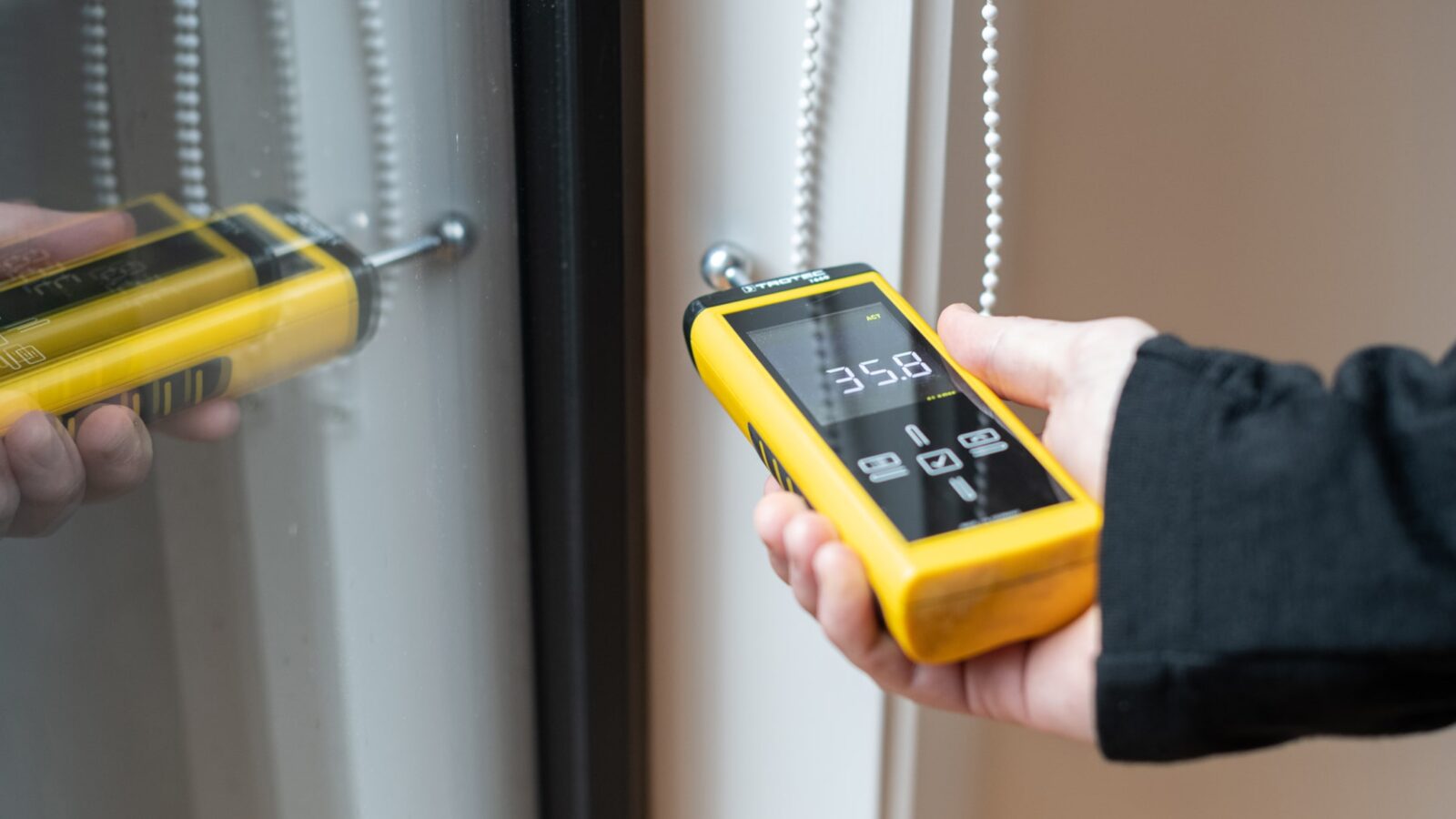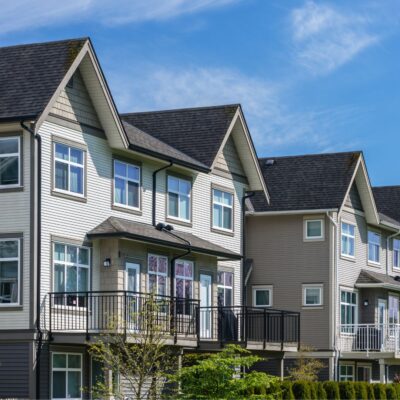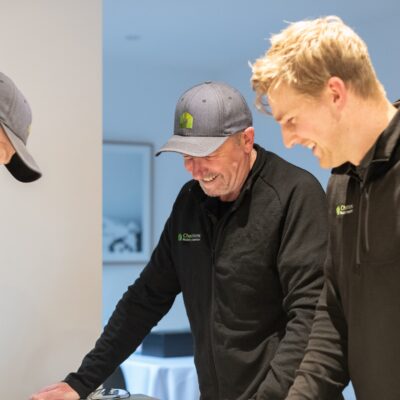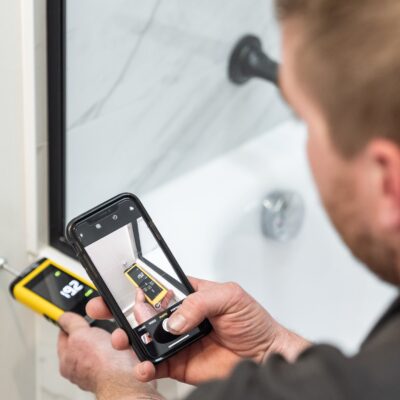Article
What Does a Building Inspector Look For?

Being a homeowner is something many New Zealanders aspire to. Owning your own piece of the Wellington region – whether that’s in Wellington, the Kapiti Coast, Wairarapa, Upper Hutt or Lower Hutt – begins with due diligence. This includes guaranteeing that your prospective home or building is in good condition so you know exactly what you’re in for before the papers are signed.
To ensure that your new home is carefully and professionally examined, you should consider hiring an independent building inspector. He or she will report on any areas that may need future repairs and reveal any problem areas to help you make your final decision.
So, what does a building inspector look for? Below are the main areas of a house that a certified building inspector will check:
Structural Integrity
A building’s structural formations, such as foundations, flooring, walls and ceilings, need to be strictly scrutinised for any defects. Major faults such as cracks on walls or creaking/rotting wooden floors can be hidden beneath lovely wallpaper and luxurious carpet, but these defects still need the proper maintenance to prevent bigger problems in the long run. Building inspectors can visually check for these faults, but will not remove wall linings as they can only check areas that have unobstructed access.
Building inspectors also look out for any signs of potential “leaking” such as cracks along a window, on the ceiling, and especially around the roof area, because nobody wants to live in a leaky house.
Moisture
Checking for moisture and dampness is crucial to ensuring that moulds and stains don’t develop around the ceilings or walls. Building inspectors generally conduct non-invasive moisture tests in possible areas of concern such as around windows and doors. Ventilation, repainting or water tightening work may be recommended if a building isn’t structurally fit to fight moisture damage.
Functionality
Building inspectors ensure everything in a house is working how it’s supposed to, such as hot/cold water taps, plumbing, lighting fixtures, alarm systems,
smoke detectors and electrical sockets. Any defects in the cabinets, windows, doors or built-in furniture will also be checked for moisture, odour and
general structural integrity. Double checking that all these systems are in place and in proper working order ensures a safe and comfortable living
experience.
The Roof
A roof provides more than just shelter above our heads – it’s also involved in other important functions such as insulation and water-tightness. Building
inspectors will generally look at the external and internal structure of a roof if there is adequate access. They ensure that there are no signs of corrosion,
gaps, blockages or any other defects that can lead to leaking or heating problems.
The Site
Building inspectors will check paths and driveways, fencing, surface water, outbuildings and other exterior areas for general damage or defects. Any external hazards such as poisonous plants, fire risks and signs of pests will be recorded as well.
This is an overview of what a building inspector can do to ensure a house is in good buying and living condition. After carefully examining any areas of concern, building inspectors will help you get a general idea of what sort of repairs or maintenance work could be required in the near future. They will also provide potential cost estimates.
Don’t skip on your due diligence – talk to the CheckHome team today for the most trustworthy building inspections in Wellington. We service the major Wellington region, including the Kapiti Coast, Wairarapa, Lower Hutt and Upper Hutt, and have provided many reliable building reports to happy clients with a fast 24-hour turnaround time.
For peace of mind before you buy, call CheckHome at 0800 555 125.
Recent Posts
View all
Why Get a Building Inspection on a New Build?

Our New: Healthy Homes Report
